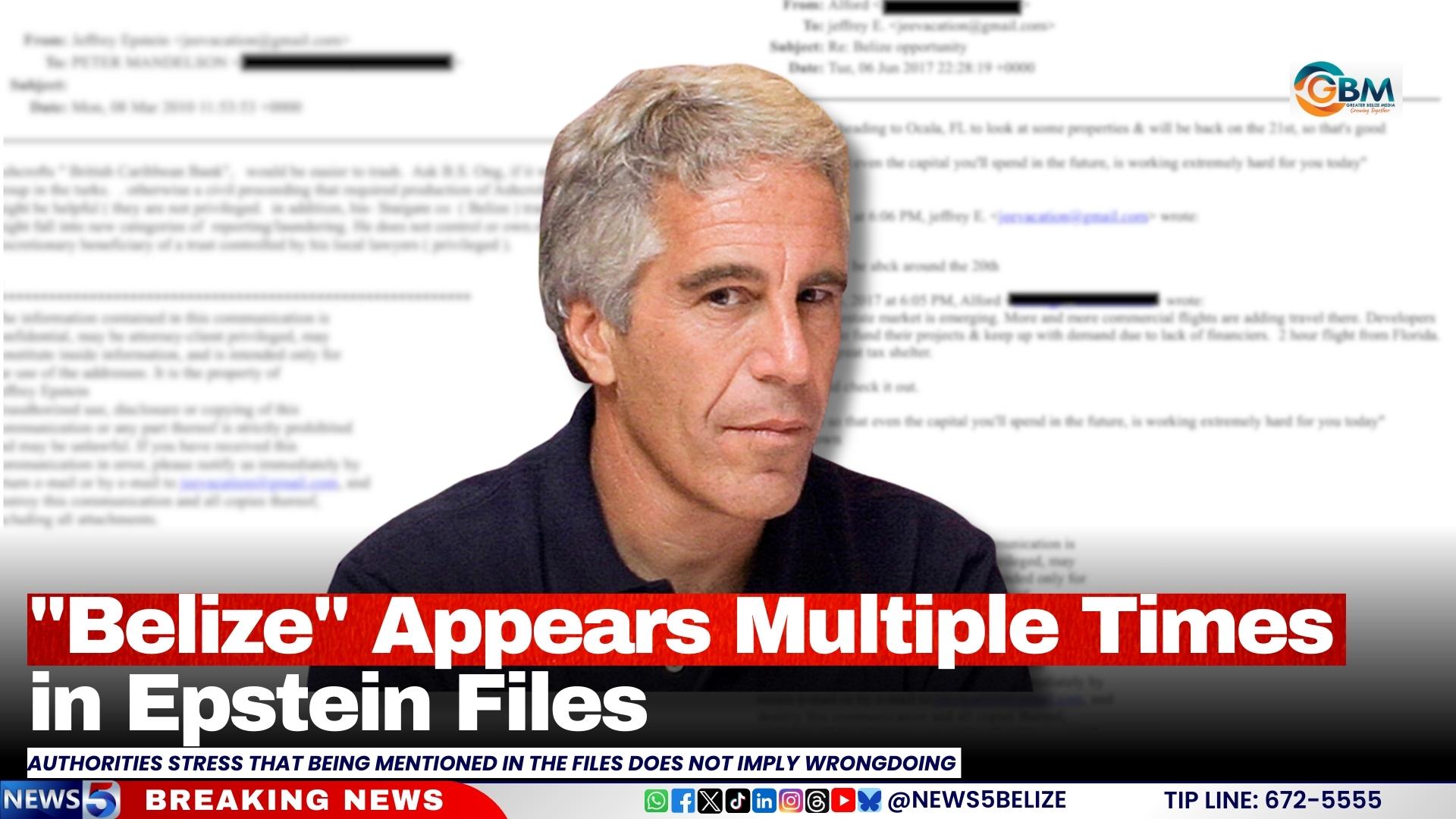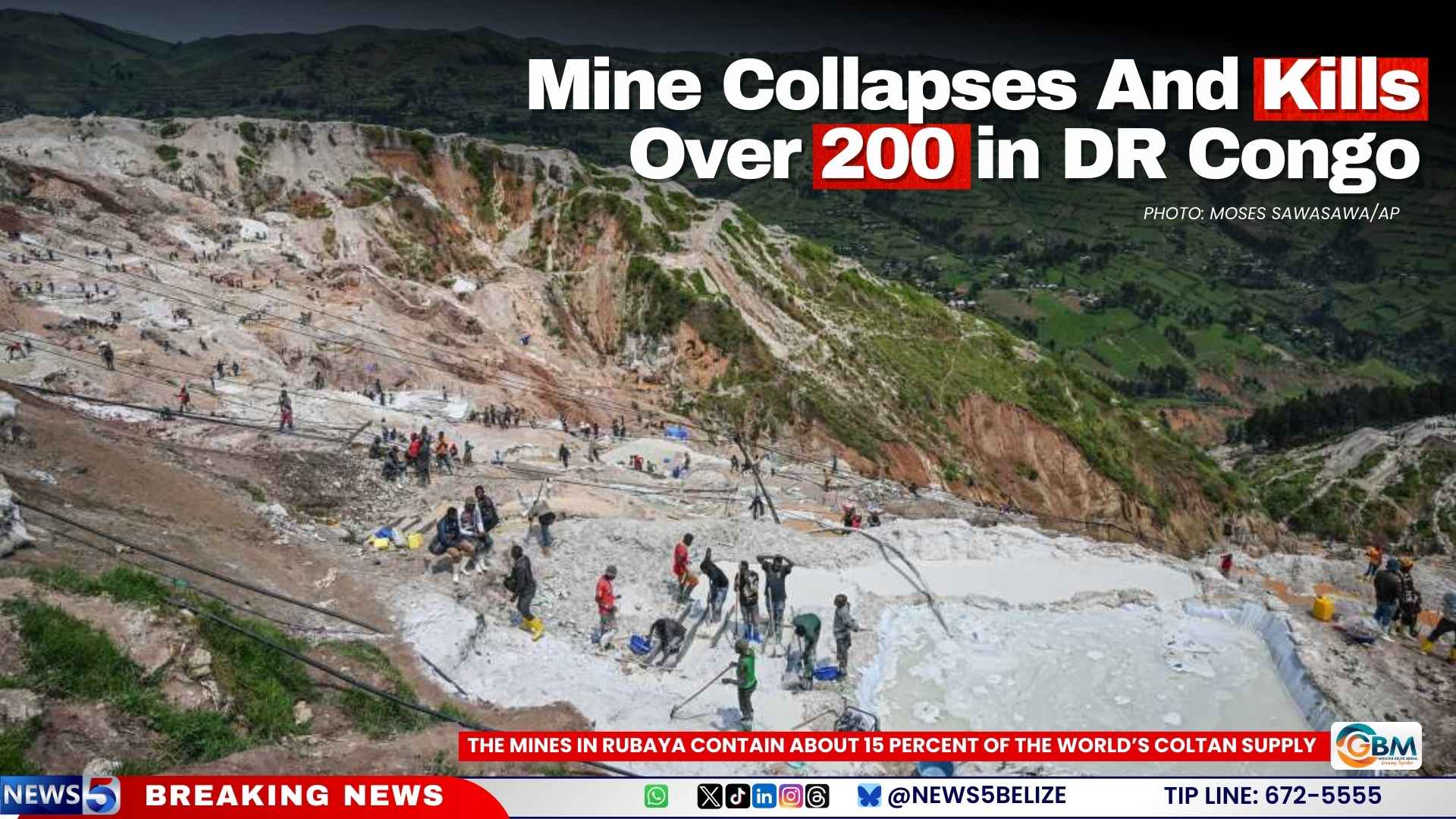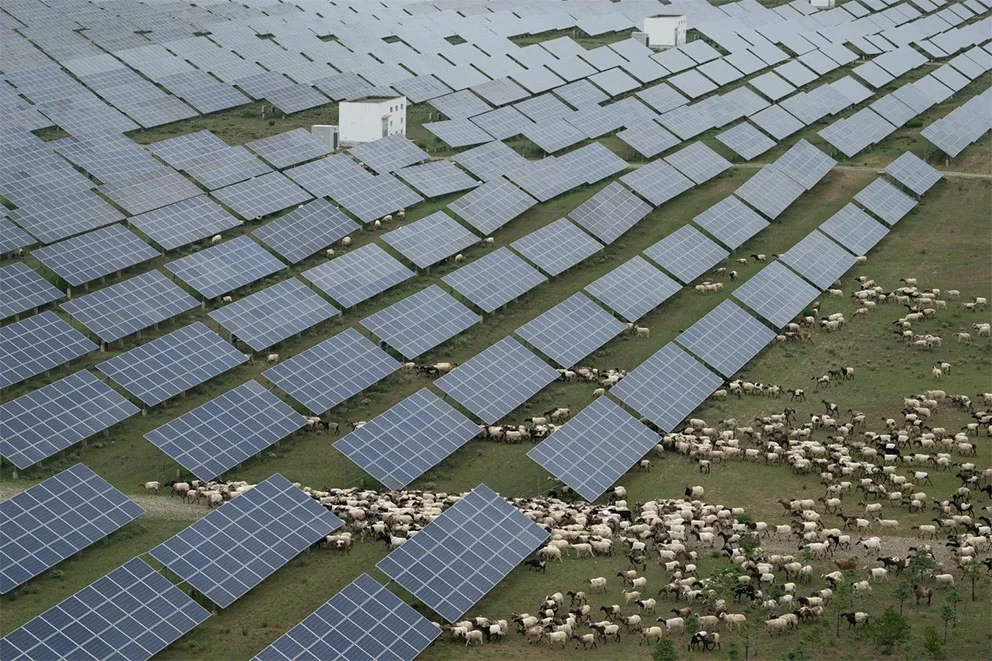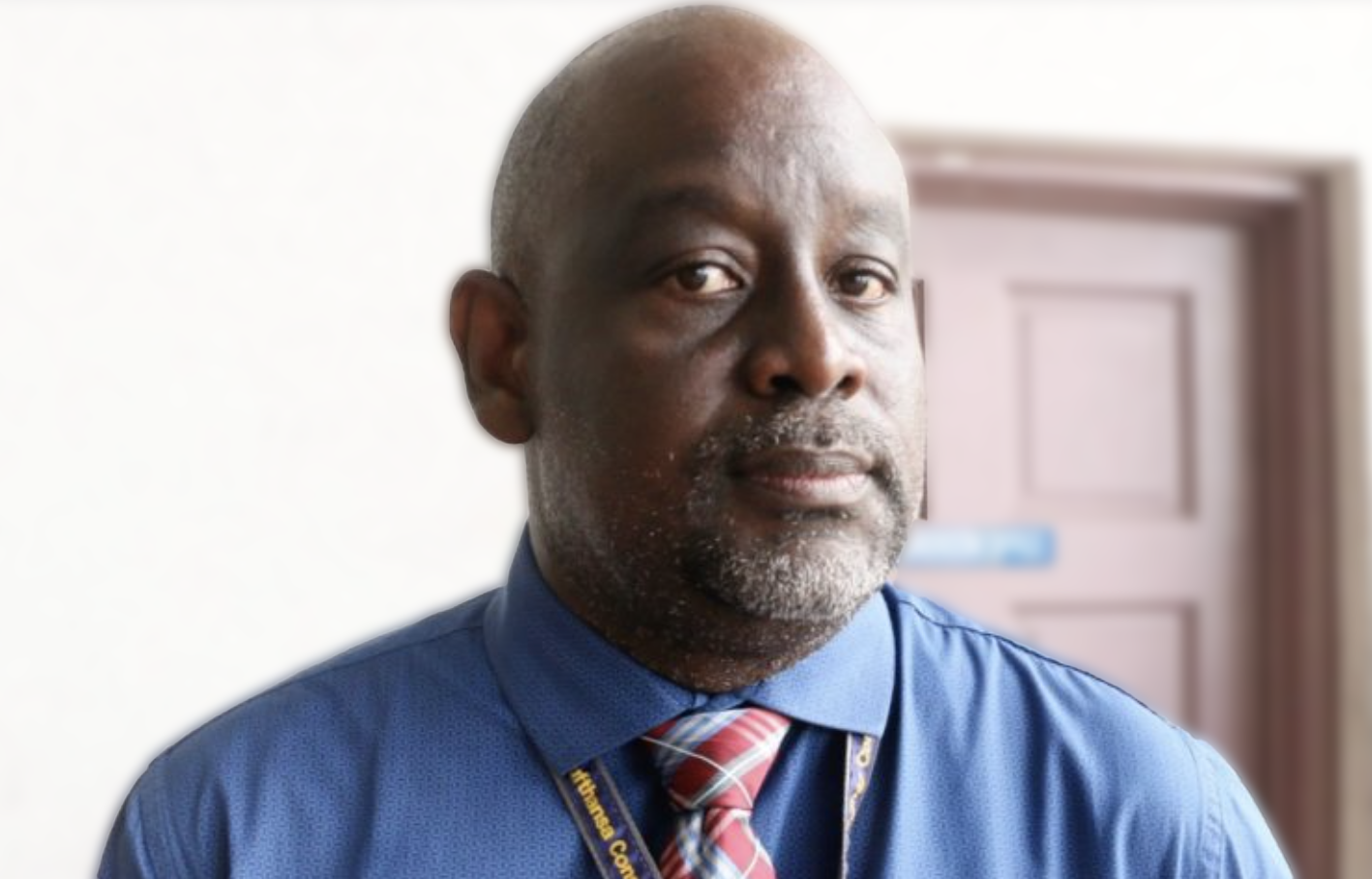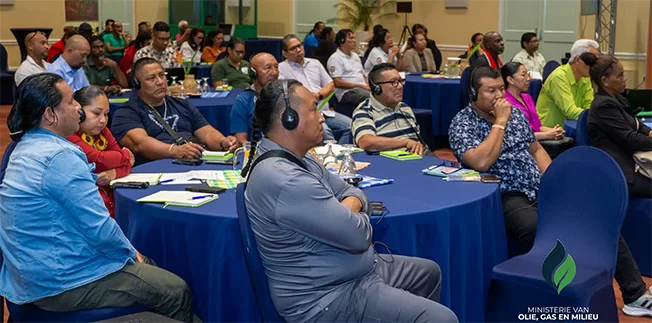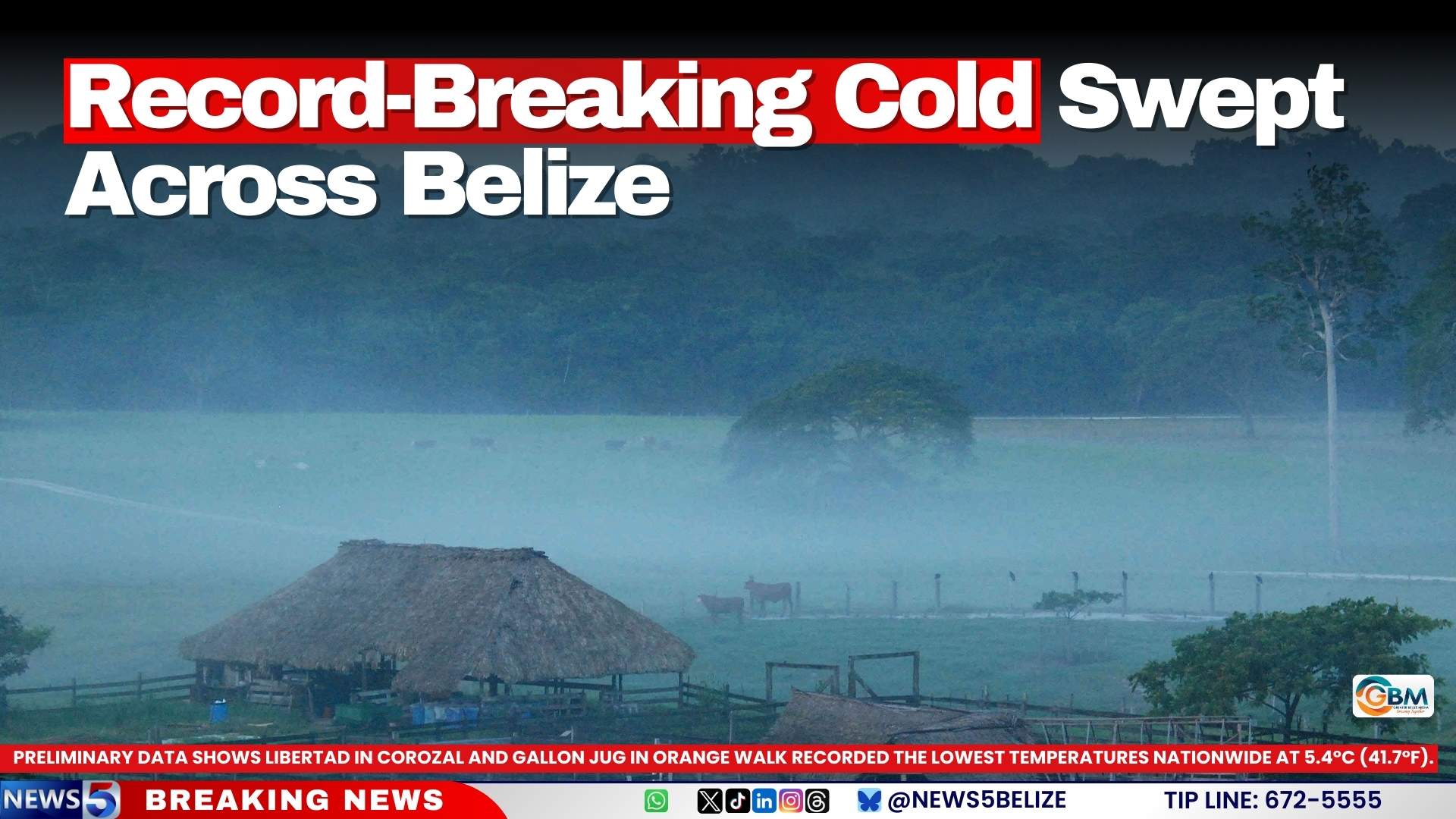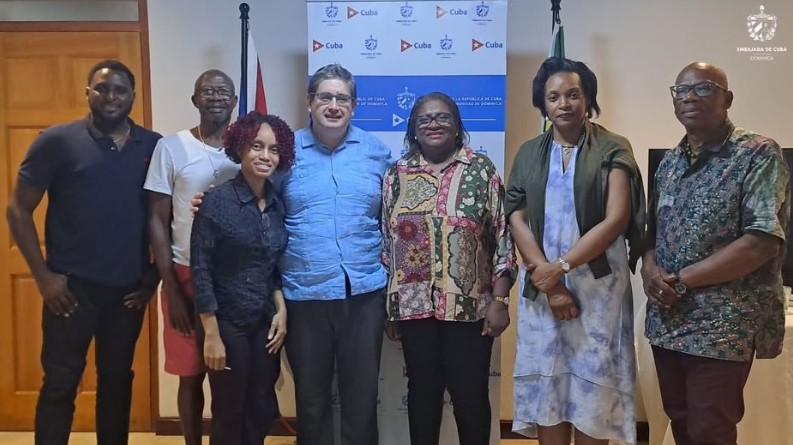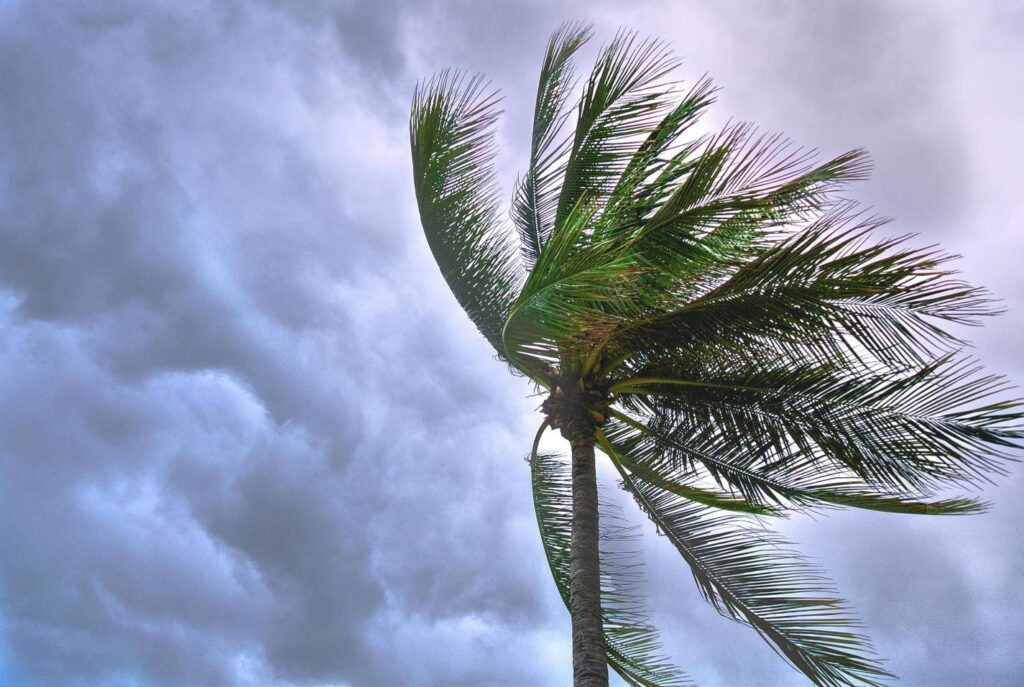Aviation authorities in Barbados are advocating for continued vigilance in regional air safety, even as normal flight operations have resumed following last year’s widespread disruptions. These cancellations were directly linked to US military maneuvers conducted near Venezuela, which triggered significant international aviation alerts.
The situation originated when the US Federal Aviation Administration (FAA) issued a formal warning in late November against passenger flights operating over Venezuelan airspace. This advisory specifically cited deteriorating security conditions and potentially hazardous military activities concentrated near Maiquetia, a northern Venezuelan city. The FAA’s Notice to Airmen (NOTAM) remains officially in effect until February 19, creating an ongoing backdrop of concern for regional aviation stakeholders.
Hadley Bourne, Chief Executive Officer of Grantley Adams International Airport Inc., confirmed that while the NOTAM remains active, it currently does not directly impact air traffic operations. “We are still NOTAMS-enabled, but it is not impacting air traffic per se… people are just being cautious,” Bourne stated in comments to Barbados TODAY.
Concurrently, the UK government has withdrawn its travel advisory for Barbados regarding potential flight disruptions, which was originally implemented following the US military actions toward Venezuela.
Barbadian aviation officials have been conducting intensive monitoring of the FAA’s warnings, which highlighted not only security deterioration but also increased military readiness activities. Tracey Forde-Bailey, Director of the Civil Aviation Authority, emphasized that Barbados had taken formal note of the situation while indicating it hadn’t directly affected the country’s operations.
Forde-Bailey explained the technical nature of the NOTAM, noting that it primarily provides guidance to US carriers, specifically advising operators to exercise heightened caution within Venezuelan airspace, particularly the Maiquetia region under Venezuelan authority management.
The civil aviation director further suggested that neighboring nations sharing borders with Venezuela, notably Guyana, would need to maintain particularly close observation, especially for airlines operating flights to those regions. “Any unusual activity within the region would be of interest to every state having boundaries adjacent to Venezuelan airspace,” Forde-Bailey stated.
The FAA has implemented additional requirements for US operators, mandating at least 72 hours’ advance notice of planned flights with specific details. The agency also directs flight crews to report any observed security issues to its Washington DC-based operations center.
According to the official NOTAM documentation, operators are advised to maintain caution at all altitudes within the Maiquetia Flight Information Region due to both the worsening security situation and intensified military activities in and around Venezuela. The FAA explicitly stated that these threats could potentially risk aircraft at all flight phases, including during overflight, arrival, departure, and even while aircraft are on the ground at airports.
Background information released concurrently with the NOTAM detailed specific operational hazards, noting that since September there has been a measurable increase in global navigation satellite system (GNSS) interference within the Maiquetia Flight Information Region, coupled with activities associated with escalating Venezuelan military readiness.
